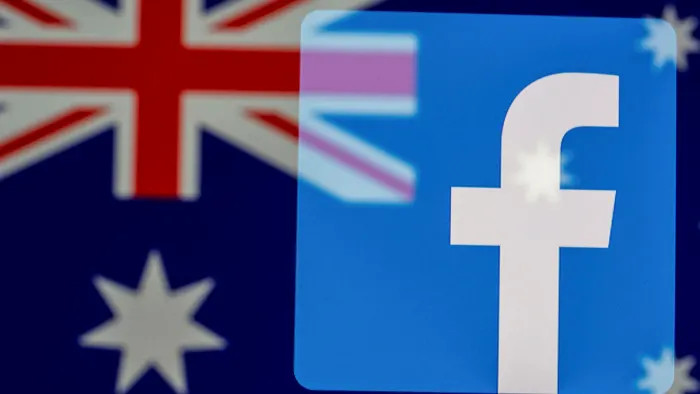WhatsApp was bought by Facebook in 2014, but has thrived while promoting itself as a privacy-respecting messaging app that now has 1.5b monthly active users. This week, though, WhatApp sent out an update to users’ phones that they must ‘consent’ to a new policy or lose access.
Whatsapp will now share more of your data, including your IP address (your location) and phone number, your account registration information, your transaction data, and service-related data, interactions on WhatsApp, and other data collected based on your consent, with Facebook’s other companies. Facebook has been working towards more closely integrating Facebook, WhatsApp, Instagram and Messenger.
Users who do not agree to ‘consent’ to the new policy will see their WhatsApp account become inaccessible until they do ‘consent.’ These accounts will remain dormant for 120 days after which they will be ‘deleted.’
The biggest change to the user policy, which many people ignored and clicked ‘agree’ to, thinking it was just another unimportant app update message, now reads,
‘We collect information about your activity on our Services, like service-related, diagnostic, and performance information. This includes information about your activity (including how you use our Services, your Services settings, how you interact with others using our Services (including when you interact with a business), and the time, frequency, and duration of your activities and interactions), log files, and diagnostic, crash, website, and performance logs and reports. This also includes information about when you registered to use our Services; the features you use like our messaging, calling, Status, groups (including group name, group picture, group description), payments or business features; profile photo, “about” information; whether you are online, when you last used our Services (your “last seen”); and when you last updated your “about” information.’
Notably, Elon Musk tweeted on the news, saying that WhatsApp users should switch to Signal, one of several popular privacy-focused messaging apps similar to WhatsApp.
The data sharing policy change doesn’t affect people in Europe due to GDPR data protection regulations.




